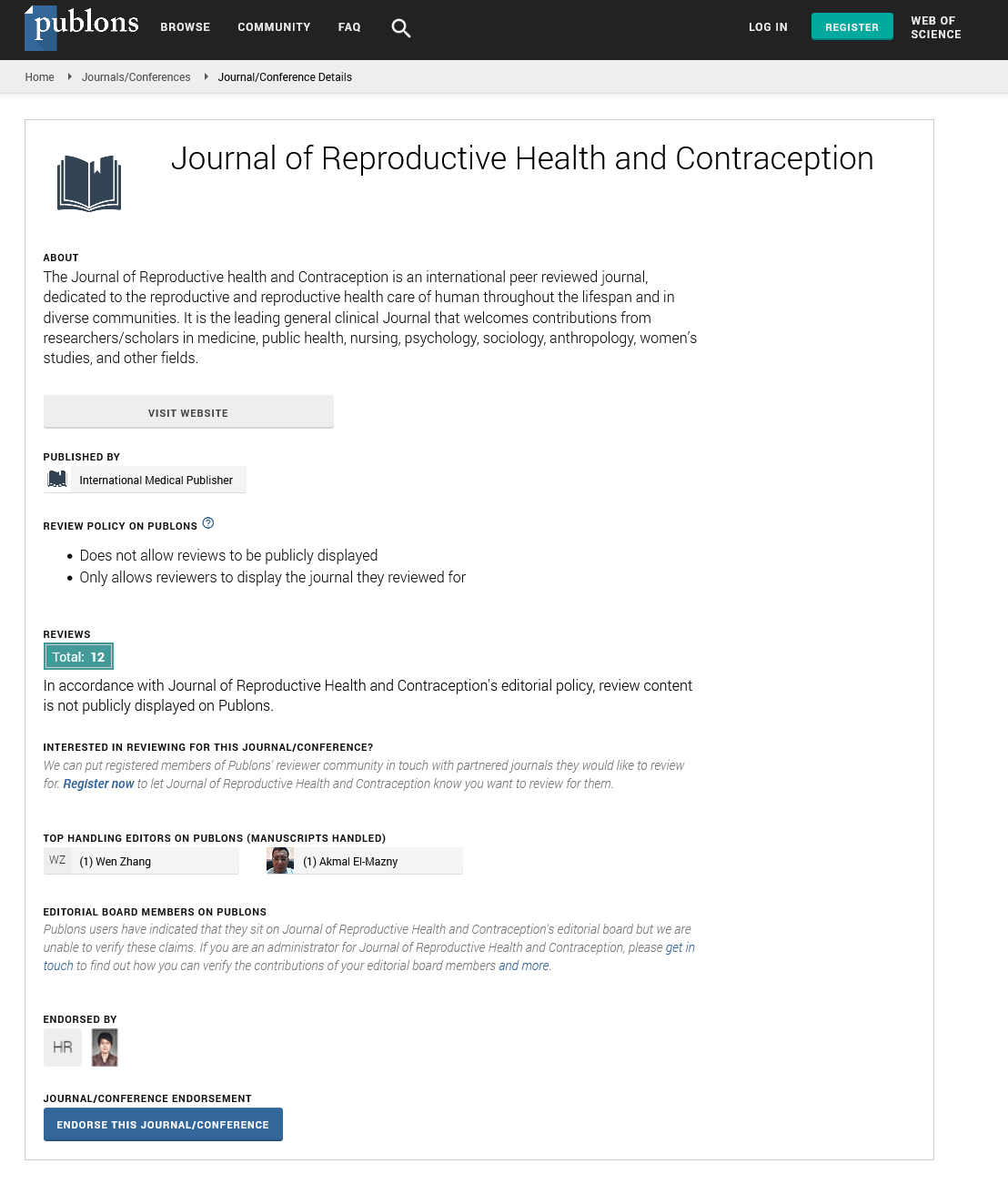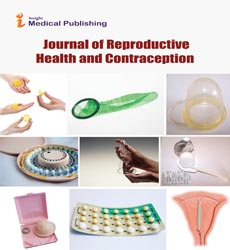Abstract
Exploring Resources Provided to General Education Teachers to Enhance their Understanding and Capacity When Working with Students with Autism Spectrum Disorder (ASD)
The purpose of this study is to investigate learning leaders’ perspectives on the most effective resources and strategies provided to general education [GE] teachers to enhance their understanding of autism, as well as build their capacity when working with students with autism in an inclusive classroom. A qualitative design was used, whereby five semi-structured interviews were conducted with learning leaders from a large urban school board in Alberta. Interviews were transcribed and data was analyzed with thematic analysis, with four themes arising: (1) Having conversations around building knowledge; (2) Working relationships; (3) Professional development; and (4) Providing teacher with specific strategies that produce results in the classroom. The present study identifies resources that are most effective in supporting GE teachers’ work with students with autism in inclusive classrooms and will inform programs and services provided to teachers to improve their educational practice. Implications for practice and future research directions are discussed.
Author(s):
Abstract | Full-Text | PDF
Share this

Google scholar citation report
Citations : 201
Journal of Reproductive Health and Contraception received 201 citations as per google scholar report
Journal of Reproductive Health and Contraception peer review process verified at publons
Abstracted/Indexed in
- Google Scholar
- China National Knowledge Infrastructure (CNKI)
- WorldCat
- Publons
Open Access Journals
- Aquaculture & Veterinary Science
- Chemistry & Chemical Sciences
- Clinical Sciences
- Engineering
- General Science
- Genetics & Molecular Biology
- Health Care & Nursing
- Immunology & Microbiology
- Materials Science
- Mathematics & Physics
- Medical Sciences
- Neurology & Psychiatry
- Oncology & Cancer Science
- Pharmaceutical Sciences


